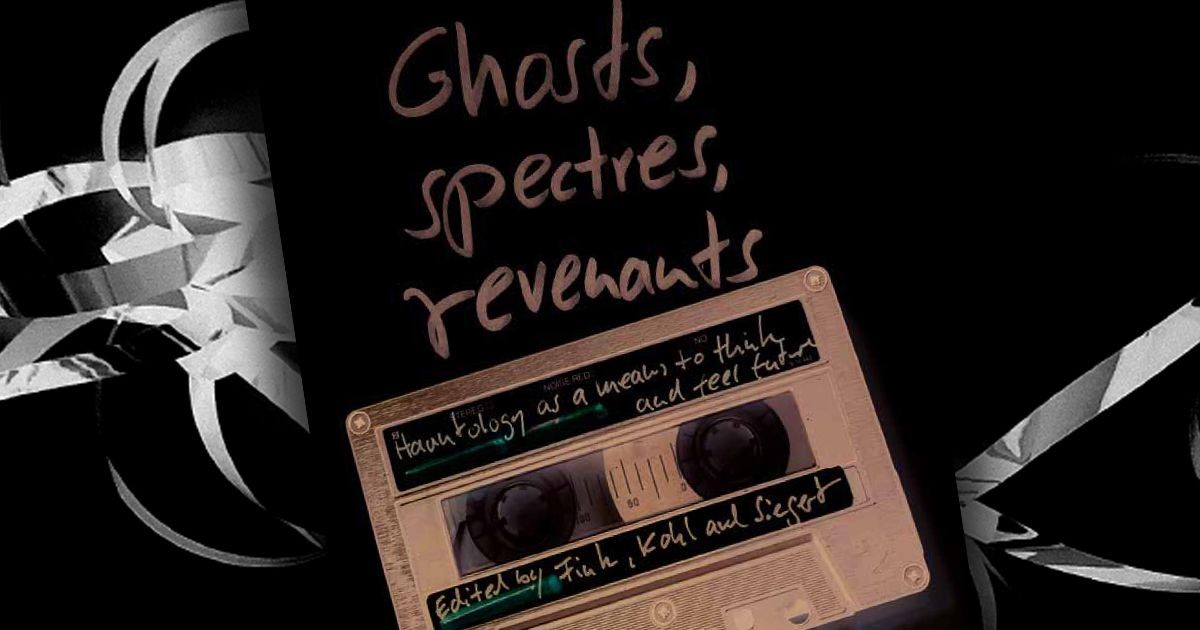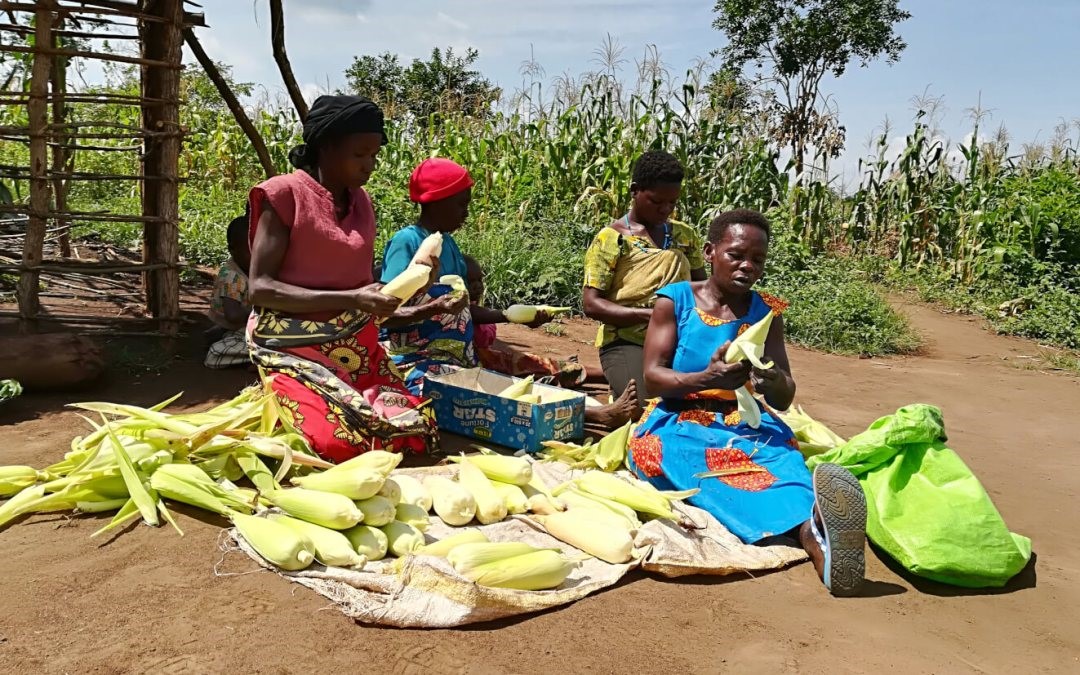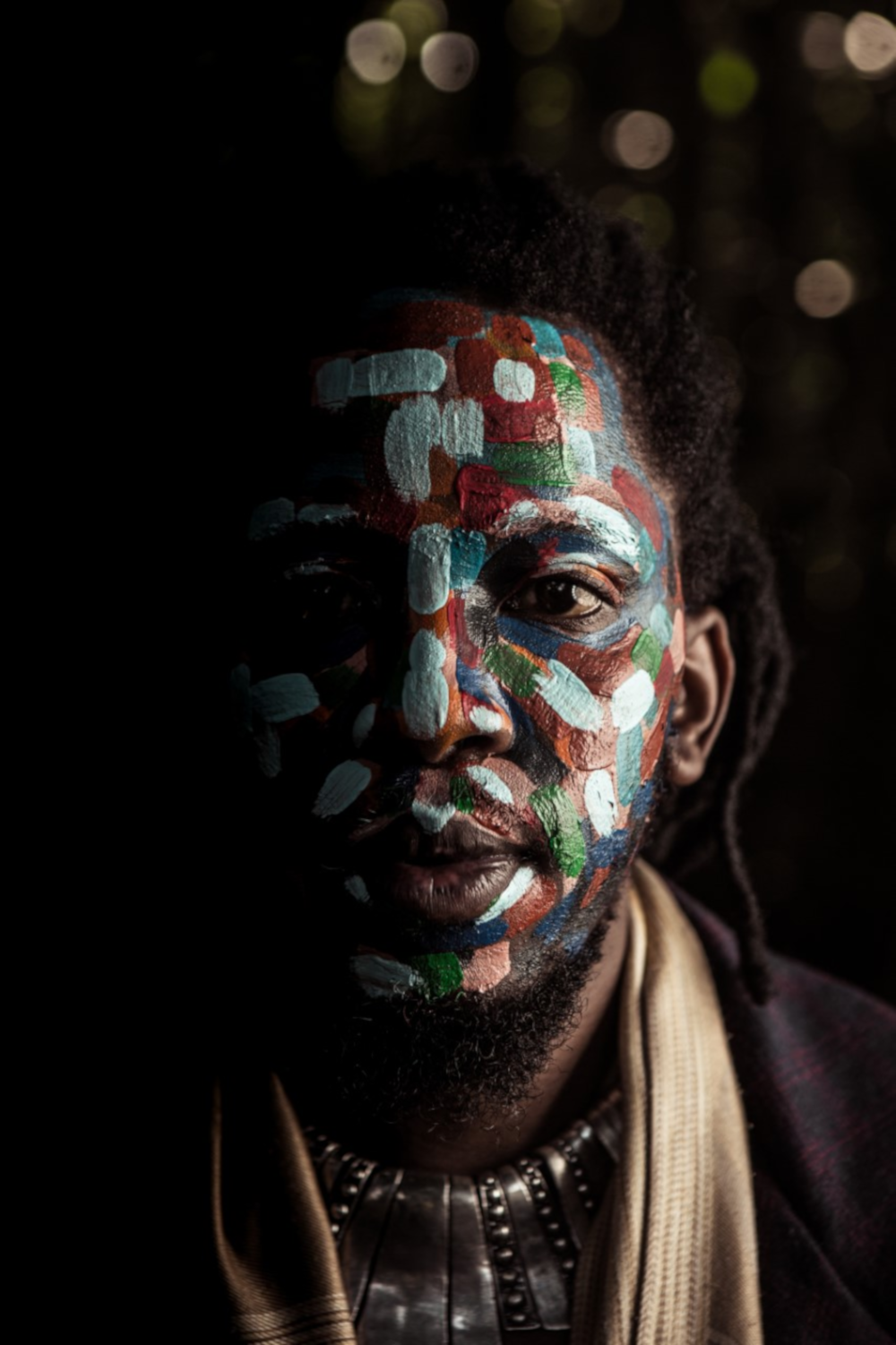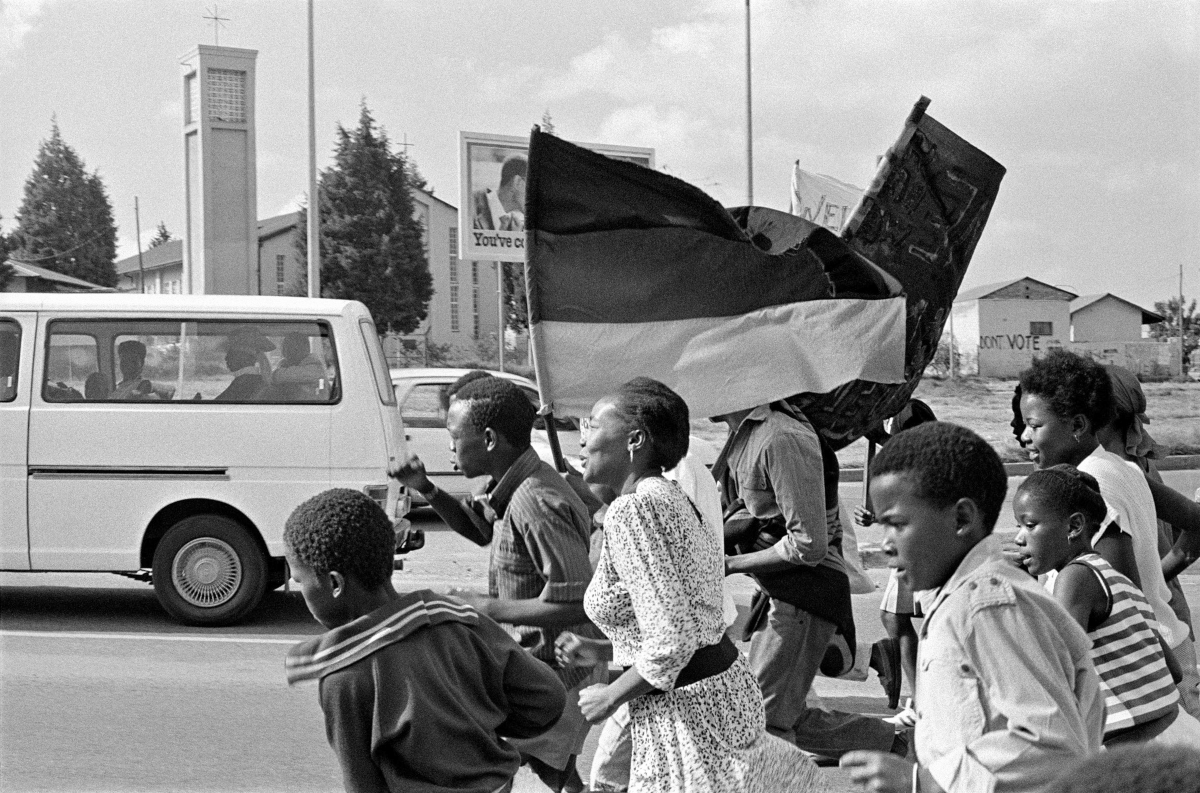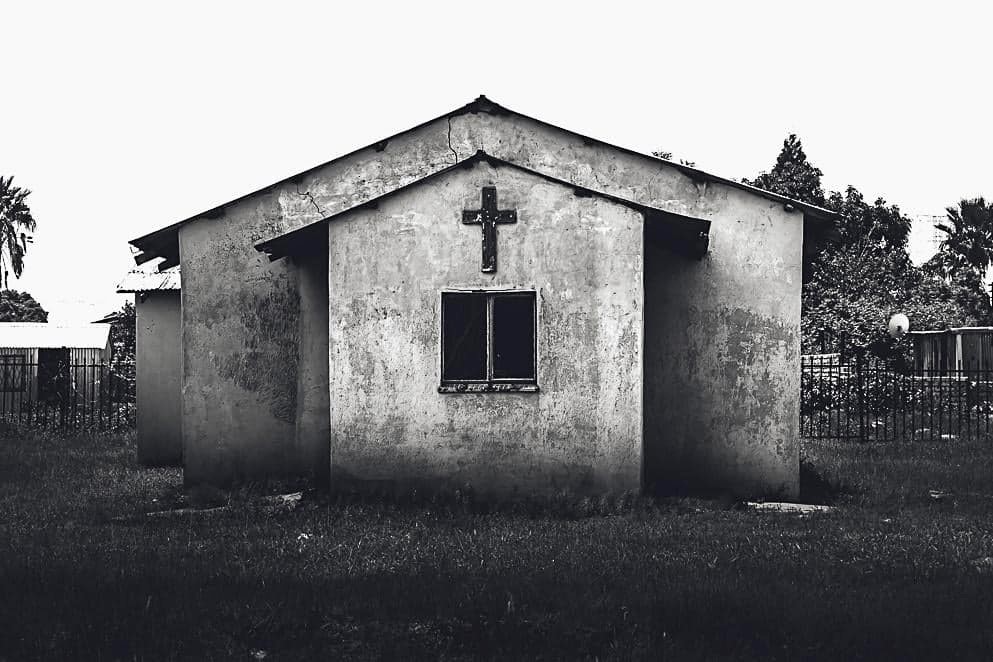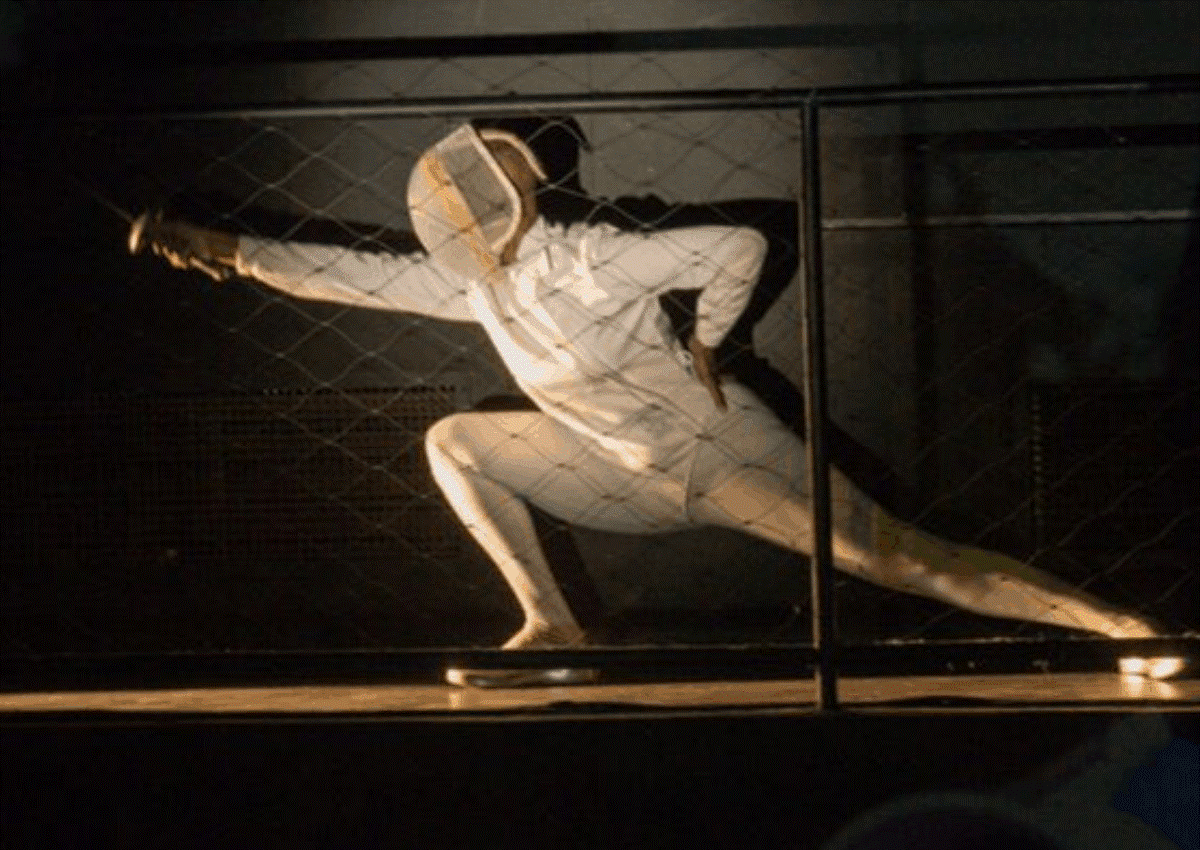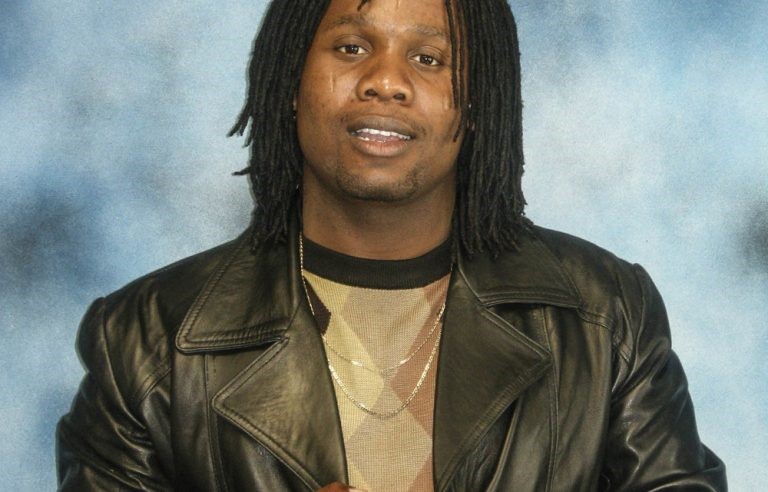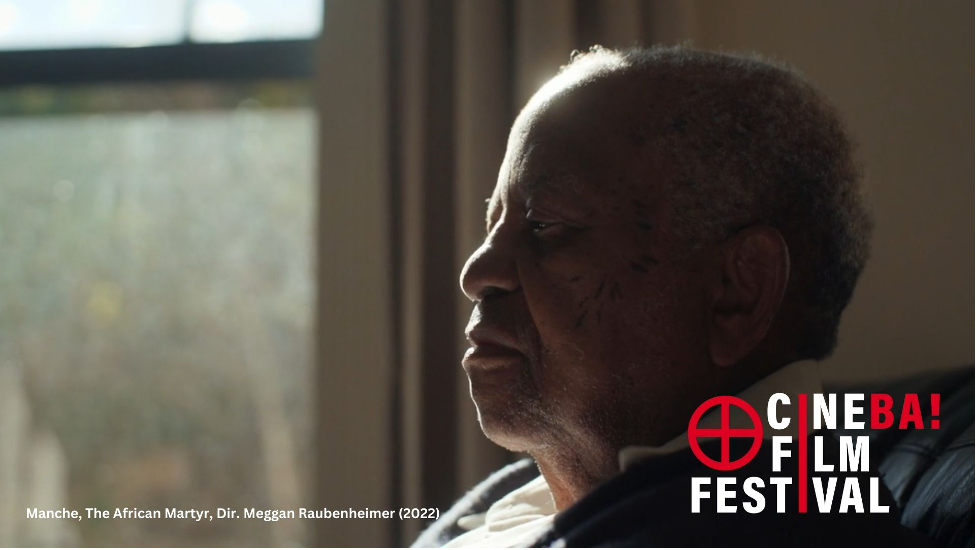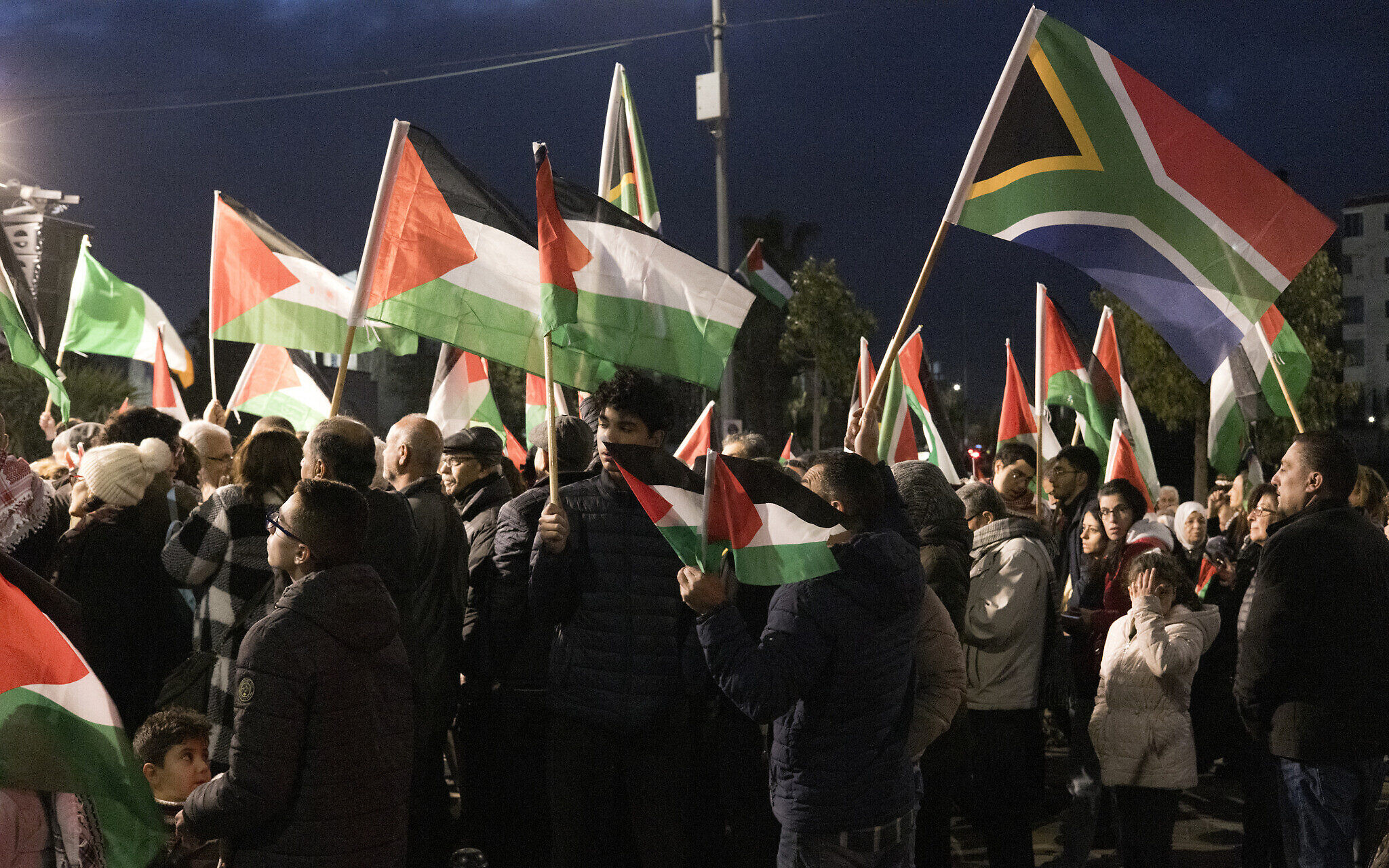The second season of Blood & Water (now that the dust has settled) re-establishes itself as a teen drama, polishing the expected tropes of excessive commotion, interwoven story arcs, whimsical carefree execution and rapid developments (with a very strong season finale and cliff-hanger ending) – too much to really keep up. But the deeper it sinks into replicating American Netflix (a clear intention of the second season), the further it disjoints from its supposed underlying South African story. The general premise of the second season follows from the fact that Fikile also knows what Puleng knows, and now they’re both doubting their lives and searching for the truth.
READ: When Money is Thicker Than Story: Blood & Water Review
The show had numerous issues in the first season, which were patched seemingly by abandoning any serious discussions on race, class, gender and sexuality inequality, instead opting to focus more on the dramatic twists of its central characters, of which there are many to focus on. While the show presents a more coherent diverse storyline, with better pacing and concept (including a suitable conclusion) one is left feeling like they have watched a certain nothingness after both seasons, as if the show is just a show for the sake of a show. Ultimately, Blood & Water reproduces the unconscious entertainment of traditional mainstream media – but at the cost of the serious social issues it skims over.
IMPROVEMENTS FROM SEASON 1?
To start with, there have been strong technical improvements to the second season. The first episode largely opens on Fikile’s protection order against Puleng, with multiple minor plot-lines such as Wendy leaving the school magazine and Sam arriving at the school and escalating aggression with Chris. The show also sets up Reece’s exploration with drug trade, Zama’s entry into a three-way relationship. It ends with Puleng finally revealing some parts of her investigation to KB, before searching for her stolen laptop in his house. Overall, the show addresses its own Fiksation, displaying a more balanced spread of complex story-lines which intersect at dramatic climaxes.
This is not without its issues. The show’s method of execution is cringe and unrealistic, but what should worry us the most is how it enforces problematic tropes. Take for instance, the overtly patriarchal tendencies of the show’s new character, Sam, who aggressively imposes his antics on Fikile, such as when he grabs onto her in the pool. Fikile shouts “What the hell? Let go”. This is a seemingly serious problem in society today where many men forcefully harass women. In the next scene, Sam says “It was just a joke”. Chris, who intervened, is punished by the principal and must apologise to Sam.
We don’t see what the principal’s conversation with Sam is, or if any conversation even occurs at all. This is a running issue with the show. Since it uses such serious issues for dramatic effect, it is unable to give commentary on why they are problematic, how to solve it, or even show any real accountability to its problematic characters — and there are many. When other characters intervene, that intervention is itself just a dramatic cue, not any serious attempt to use other characters to communicate social issues with the audience.
Sam is a consistently problematic character having earlier sped right past Fikile on his motorcycle, deliberately – in a way that spooked her and could have potentially hurt her. The show addresses this in the following dialogue:
Fikile: “You almost ran me over with your bike this morning”
Sam: “Look, I was just trying to get your attention. And I guess it worked.”
Fikile: “So, what? You just walk around with a helmet in your hand?”
Are these characters flirting? It seems like almost-running-over-someone-with-a-motorcycle is being used as a cue for romantic interest on the side of Sam, which Fikile seemingly accepts. This problematic portrayal of romance enforces men’s entitlement over women and the use of aggressive masculine antics in the pursuit of women’s ‘attention’. And to top of it, the show tells audience that this is what works.
Already, just in the first episode, I would recommend any viewer drop the show. Its insistence on portraying patriarchal aggression as romance (which is just one example of the show’s problematic tendencies) makes for a nauseating experience for the conscious mind.
If not that, then a viewer’s mind might buzz from the monotonous acting, (surely real human being have a wide range of ‘real’ emotions that the show leaves wanting), the poorly-executed visions, the many different unnecessary dynamic moving parts of the show that happen without much resolution or meaning (you can literally take many parts of the show out, like many scenes with Puleng’s brother, and it would have no effect on the show – because there are just so many aspects to the whole that its parts are rendered unnecessary), or its cringe execution.
On this note, Blood & Water strikes a resemblance to 2000s era family movies. It skims over serious issues with a whimsical score and animated characters. For instance, consider the scene in the first episode of the second season where Wendy discovers that she has been replaced as Chief Editor by Wade. This is enacted with circus music and a camera moving from face-to-face as each character winces. There’s no serious level of drama here. It’s TV-world and all the events which unfold are flat and empty.
But, for those who continued watching (even with the consistent sexualisation of characters who are supposed to be minors!), let’s unpack the structural issues with the show. Here, we’re analysing less the plot and more the underlying problems that Blood & Water normalises (but there’s still spoilers for the show ahead).
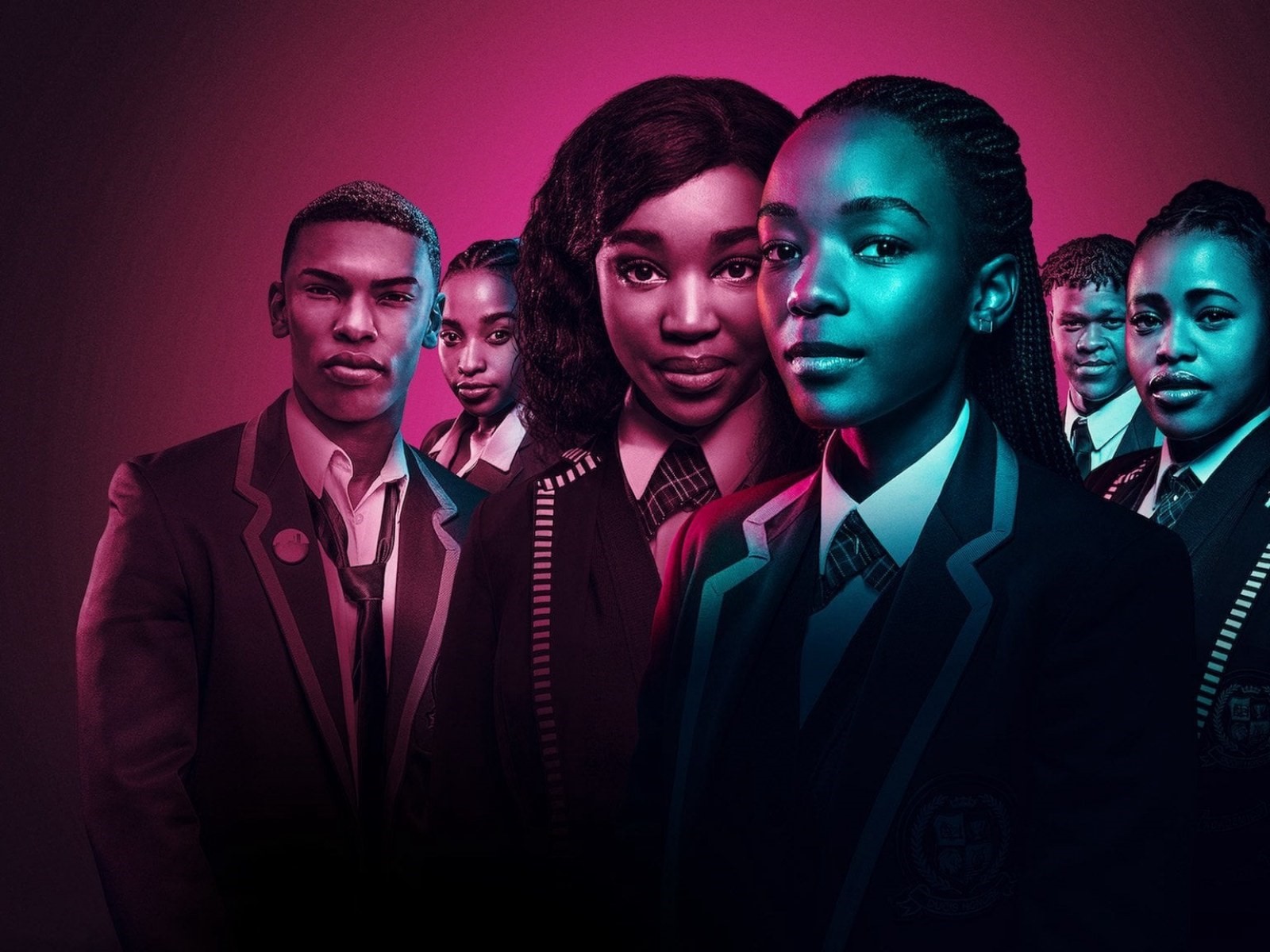
SENSELESS TELEVISION
Yes, it’s just a television show. It doesn’t have to be accurate and it’s clearly depicting a fictional school. We know all that. But the show certainly chooses to place real-life issues within the complex web of its story arcs. If indeed, there is nothing about the show that’s supposed to be real, why does the show use serious social issues, such as trafficking and queerphobia, as mere dramatic cues?
If the show is choosing to talk about social issues in South Africa, it should be open to critique on how it addresses said issues (if at all). So, it’s not that we’re taking a fun, light-hearted show too seriously. The show is taking serious issues too light-heartedly.
In the third episode, the main teacher for the season (who eventually runs off with Reece & the gang’s money in the sixth episode) lectures the class on being job-creators and pushes them to develop a business pitch for him, role-playing as an investor. This stuffing of capitalism into students is quite an honest depiction of the grandeur of the show. That is not new to the second season. The major premise of Blood & Water is to analyse the twists and traumas of young wealthy teens.
But, unlike the first season’s meaningless display of wealth (e.g., visiting a hotel to take pictures), the second season seeks to justify its moneybags. For instance, KB is told by his wealthy father to build up his ‘own foundation’ for his music career (which is apparently using the wealth of his ring to record music with Youngsta CPT), with the corollary that his father will be the first investor (shockers!). Similarly, his father’s legal firm is offering a paid internship reserved for students of Parkhusrt High (the school his son attends – oh the nepotism!).
And to make matters worse, in the fourth episode, Puleng gets the internship! This, even after the show goes at pains to remind us all that she is too young to qualify for it and missed the application deadline. But why does the show depict this? Seemingly, for the drama of it all. It doesn’t go deep enough into actually criticising how patronage controls who gets internships. If anything, it’s all chopped down into Puleng being a manipulative person. Yes, it’s not because of capitalism and stuff like that. It’s only manipulative people that do things like this. That seems to be how the show criticises what is clearly the dominant organisation of social relations in the world today.
In these scenes, there seemed to be a loose attempt to challenge dominant structures of wealth. For instance, the internship is not reserved for KB and his father forces KB to build a ‘foundation’ (whatever that means). But the reality is, the show does not challenge the real advantage that the wealthy have over the poor — networks of patronage. The reality is people like KB are guaranteed investment for the careers, and have the failsafe of a comfortable wealthy family even if they fail. This is the same of the learners of Parkhurst, who gain job opportunities easily just by attending the school.
The vagary of the show’s depiction of wealth only tugs at some semblance of critique. Instead, it pretends to be addressing the major problem of its first season – the senseless display of moneybags. It does this by offering light punishments to its wealthiest characters.
In the same breath, the show attempts to give sympathy to people who sell drugs for money. Reece’s mother, after all, needs to pay her hospital bills. But we see Reece effortlessly market drugs to the affluent community around her. It almost seems so easy (well, until she trusts her crook of an economics teacher). Even the supposedly poorer characters on the show seamlessly make ends meet. It’s almost ludicrous that the show depicts the drug trade with so little struggle.
This is no clearer that in the fourth episode when Chris finally confront Reece on her money-making venture, saying “If you’re struggling with money, there’s other ways” to which Reece scoffs off, “Does it look like I’m struggling?” What was the entire point of this story arc? To show Reece’s greed? Just for the sake of it? It’s so far-removed from her mother, who gets hardly any screen time in any case. It just seems like Reece likes selling drugs and is making good dough. That’s an extremely non-critical way of expressing a complex social issue that the show explores.
In this same episode, we see Reece’s mother spend a lot of money on shoes. The show seemingly abandons the whole “Reece’s mother needs to pay hospital bills” subplot for the “Reece’s mother spends money on luxury goods” dramatic twist.
All of this watering down (and off-screen deaths, and displaying drug use like rubbing teacups on your cheeks) is to keep the show light and entertaining. Its wrestle with wealth is more like a bubble fight. Harmless. Pointless. And it bursts at the slightest of scrutiny.
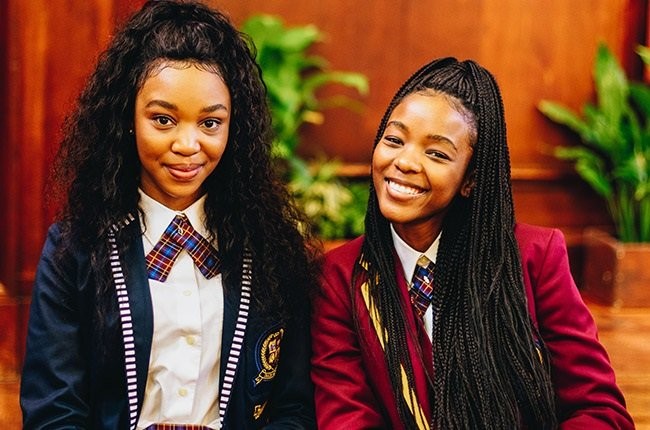
WHAT’S UP WITH SEXUALISING MINORS
There’s also a serious issue with how aggressively the show pursues its sexualisation of high school characters, to the point of disgust. This escalates in the fifth episode which hosts an auction/strip tease with not-so-subtle sexual overtures. This is quite typical of television shows to present high-school-going characters indecently for a much older audience.
This focus of the show is carried through its marketing, as it pines to use the appeal of its seemingly desirable actors (who are at least not minors) to sell the show. And indeed, Netflix seems to really push the narrative that its actors are attractive (sure, people are watching Blood & Water for the “plot” right). But the show is ultimately about school learners and while an environment of sexualisation is a real social issue in schools, the show does no justice to this reality. If anything, it exploits this fact to stir up its appeal. At worst, it makes this problem worse by signalling to school goers that the show represents the ideal high school life. There’s no end to how far the show will sink to find social issues to use, but not seriously comment on.
But really, we have to ask, was any of that sexualisation necessary for the show? For the major plotline of two sisters supposedly separated at birth, searching for answers (something we finally learn in the fifth episode is true, but not before the show has a character ask high school girls to commit a sexual act!). For the subplots of betrayals, manipulations, conflicts and school life. Not at all. The sexualisation of high schoolers is entirely for the satisfaction of the audience — and quite a serious issue that is.
WE NEED STORIES OF SUBSTANCE
There are many major structural problems with Blood & Water: 1) The non-critical depiction of vacuously wealthy youth 2) The use of serious social issues, such as trafficking and queerphobia, as mere dramatic cues, 3) The underlying and deliberate reliance on desirability and standards of beauty to sell the show, 4) The deviation from a South African story-line toward some American standard for teen drama, 5) The sexualisation of high school-aged minors, and 6) The normalisation of patriarchal romance.
There are a few more issues. To get away with being outright offensive, the show delivers problematic humour through catchy phrases like “pregnancy hormones” or “sausage situation”. To avoid getting too deep into serious issues, the show just lets those issues disappear (like Chris’ boyfriend or Reece’s mother’s medical needs). To keep the show interesting, it introduces new storylines from nowhere, before previous arcs have been resolved. To keep us glued to the next season, it introduces new reveals in the very last scene of the very last episode of the season. Every episode is a Spotify playlist of mainstream music. One could keep on listing all the ways this show is not serious about creating any kind of artistic masterpiece.
In the end, there’s no blood. There’s no water. There’s only Netflix, raking in a lot of money. And then there’s us, the audience, letting them get away with not taking our lived experiences seriously. We can and should do better than this. Because a story of substance should always be thicker than a story for the sake of it.


